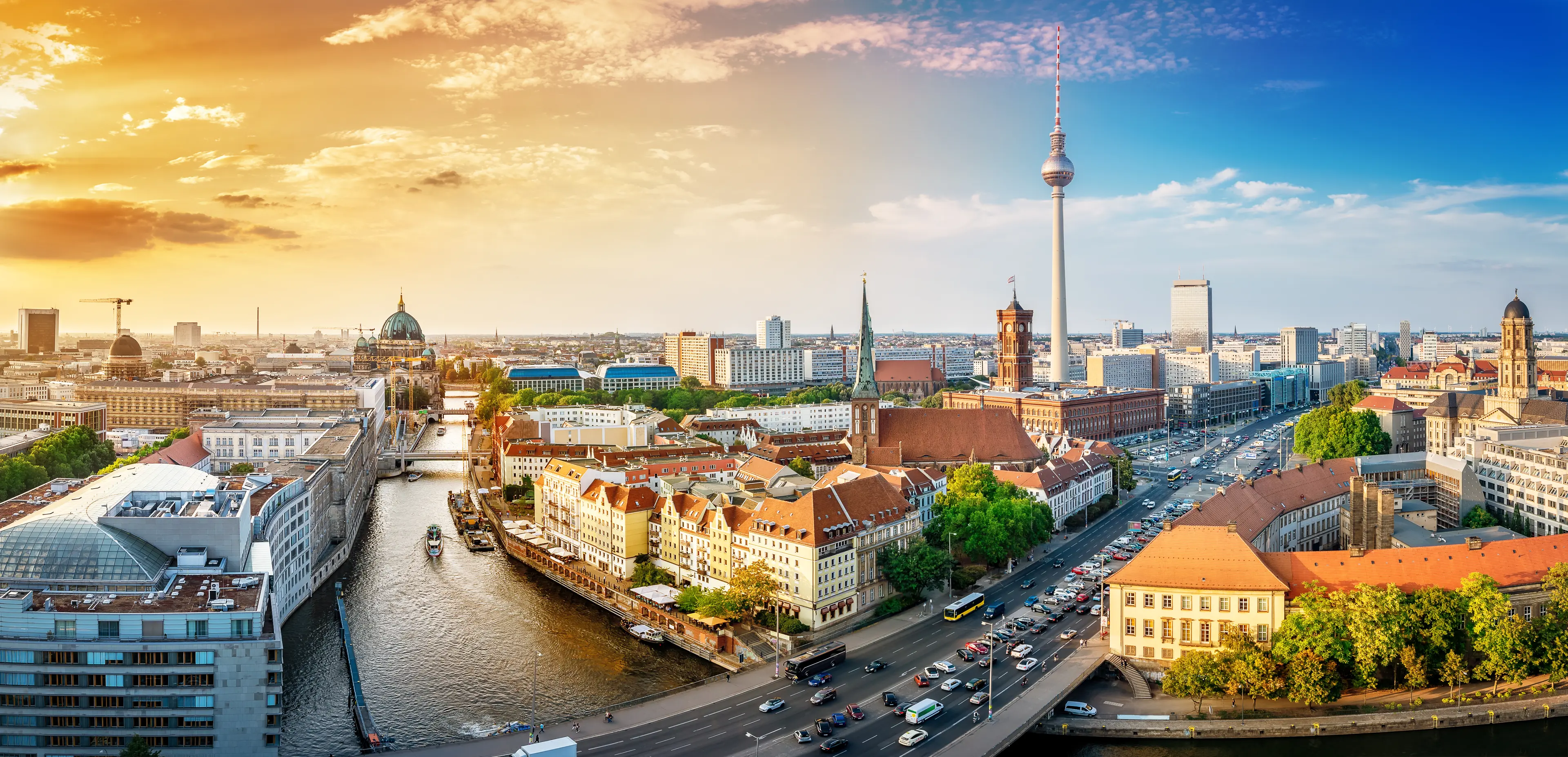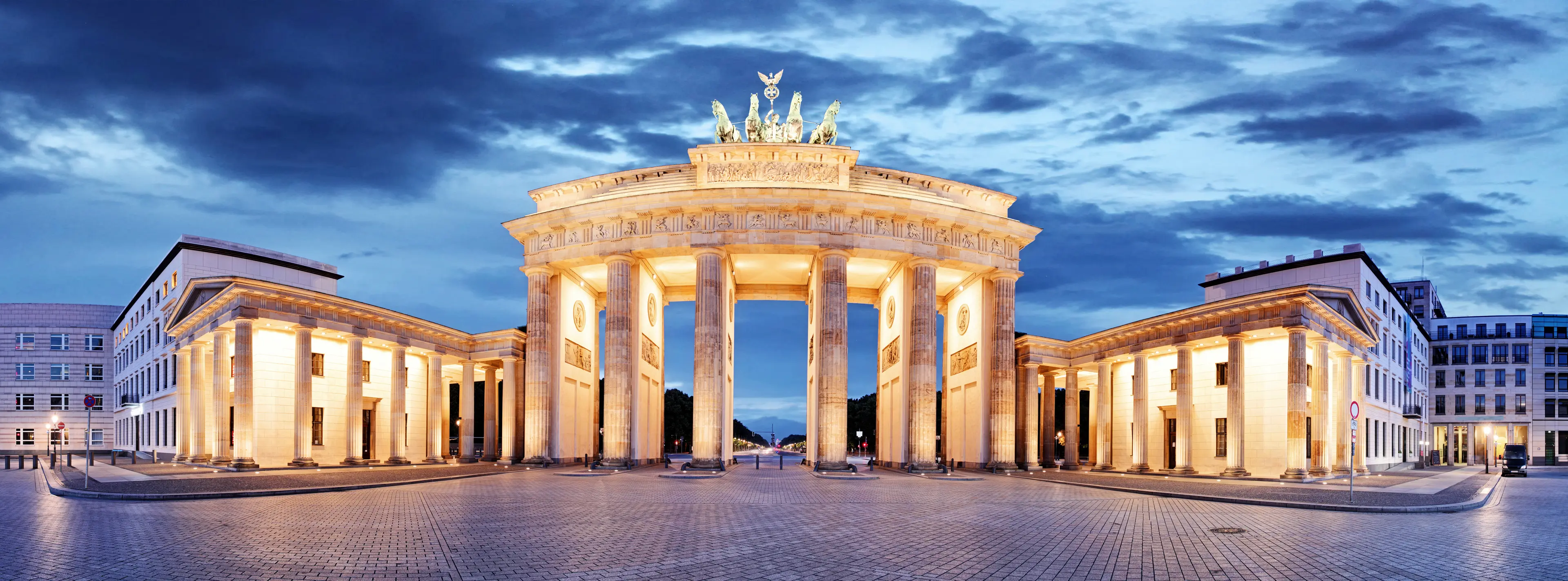4-Day Solo Local Experience: Berlin's Nightlife and Outdoor Adventures
Berlin, Germany
4 days
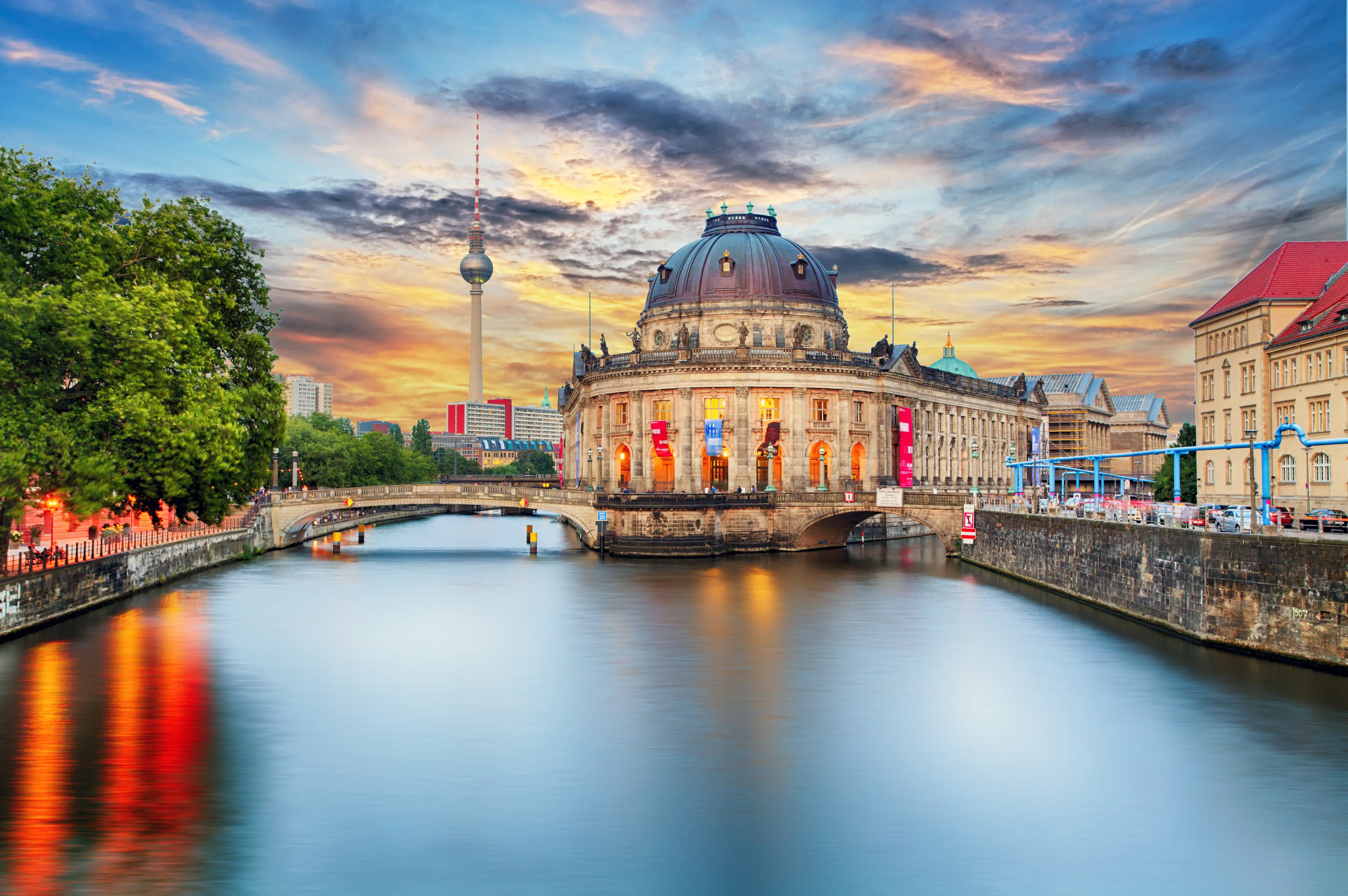
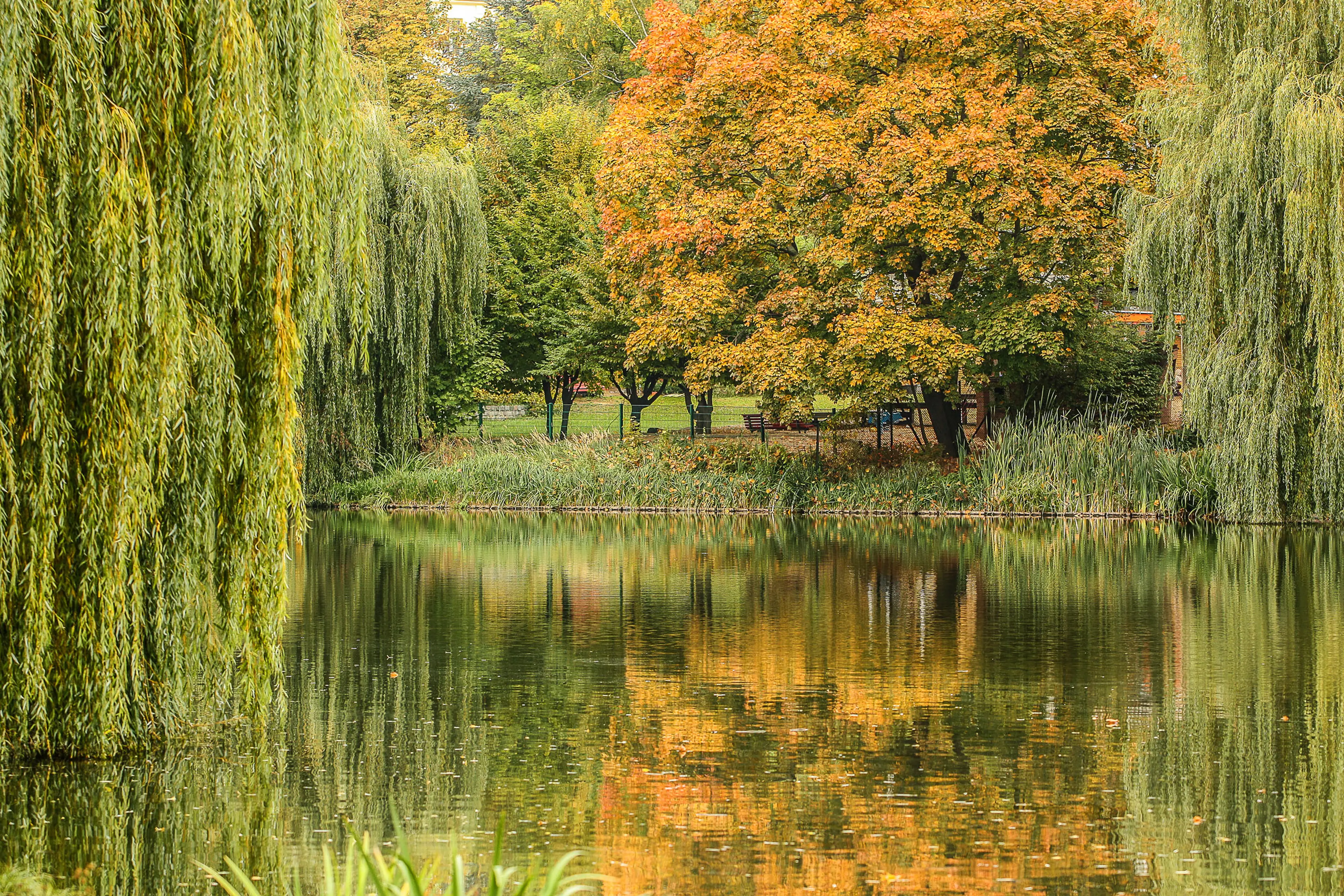
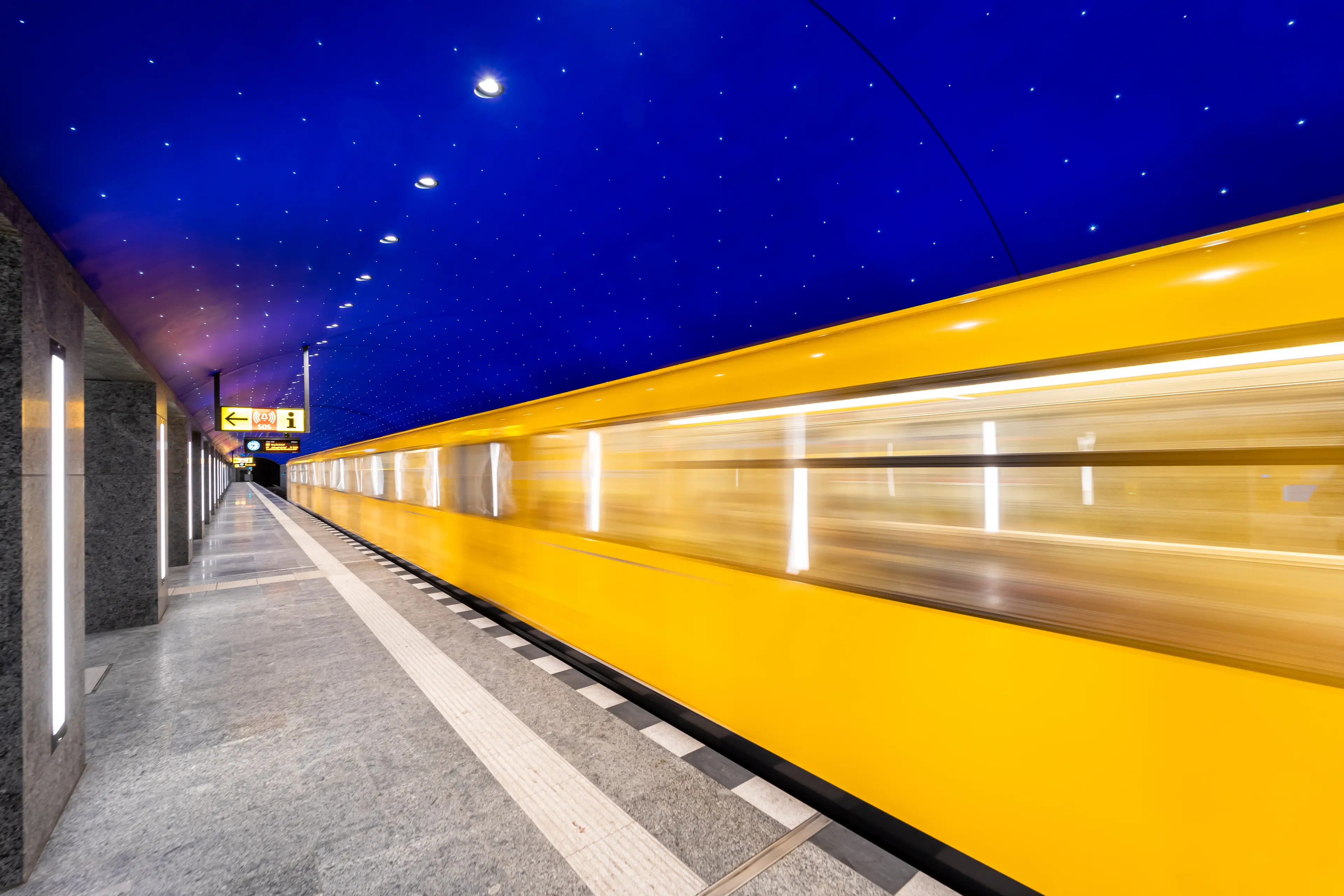
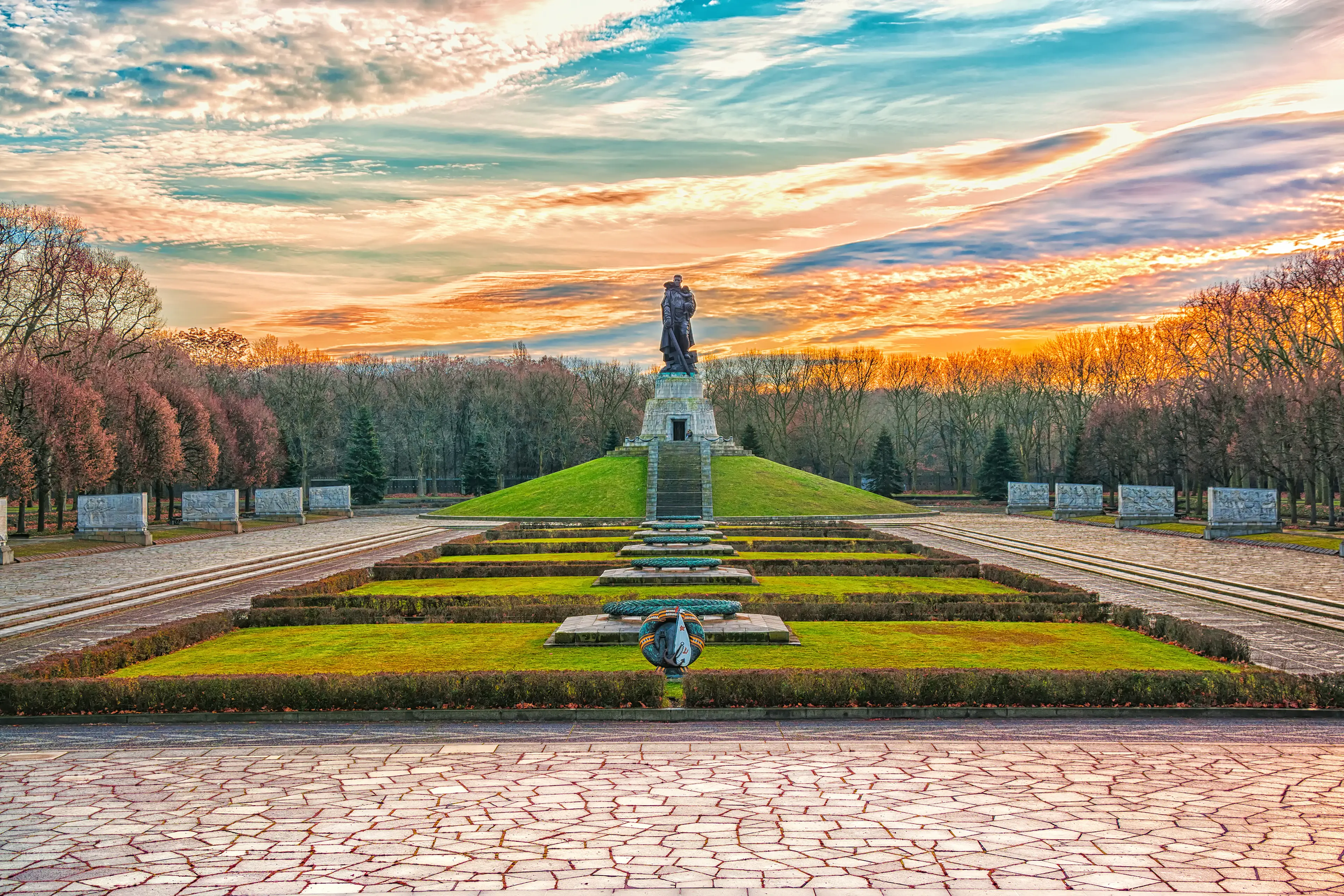
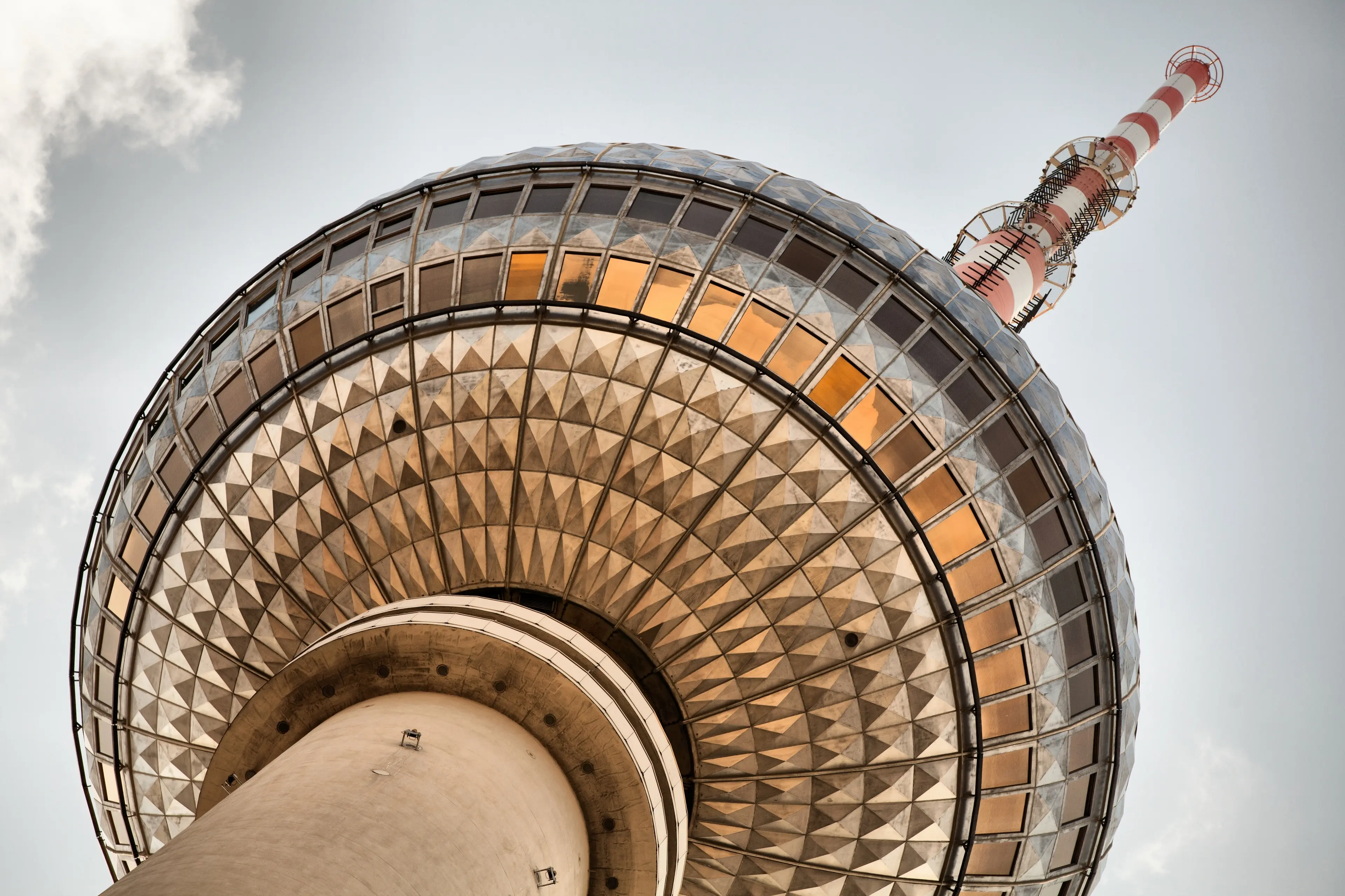
About Berlin, Germany
Berlin, Germany's vibrant capital, is a captivating fusion of history, culture, and cutting-edge modernity. The city's iconic landmarks like the Brandenburg Gate, Berlin Wall remnants, and Checkpoint Charlie narrate poignant tales of its turbulent past. Berlin's Museum Island, a UNESCO World Heritage site, houses five world-renowned museums. The city's thriving art scene, eclectic nightlife, and diverse culinary delights cater to all tastes. The sprawling Tiergarten offers a tranquil retreat amidst the urban buzz. Berlin's efficient public transport makes exploring easy and convenient. Whether you're a history buff, art enthusiast, or foodie, Berlin promises an unforgettable travel experience.
4-Day Itinerary
Day 2
Historical and Cultural Tour of Mitte
Morning
Start your day with a visit to the iconic Brandenburg Gate, one of the most famous landmarks in Berlin. From there, walk to the Reichstag Building and enjoy the panoramic views of the city from its glass dome.
Lunch
Have lunch in a cozy café in the Mitte district. Try some traditional German pastries and a cup of coffee.
Afternoon
Spend the afternoon exploring Museum Island, a UNESCO World Heritage site that houses five world-renowned museums. Immerse yourself in art, history, and culture.
Dinner
Enjoy a hearty German dinner in a traditional restaurant in the Mitte district. Try some local specialties like Eisbein (pork knuckle) or Currywurst.
Evening
End your day with a visit to one of Berlin's many theaters. Watch a play, a musical, or a concert, and experience the city's vibrant cultural scene.
Day 3
Nature and Royalty in Charlottenburg
Morning
Start your day with a visit to the Berlin Zoo, one of the most biodiverse zoos in the world. Enjoy the lush landscapes and observe the animals in their habitats.
Lunch
Have lunch in a local restaurant in the Charlottenburg district. Try some Berliner Weisse, a traditional sour beer, with your meal.
Afternoon
Spend the afternoon exploring the beautiful gardens and palaces of Charlottenburg Palace. Take a guided tour of the palace and learn about the history of Prussian royalty.
Dinner
Have dinner in a modern restaurant in the Charlottenburg district. Enjoy a fusion of traditional and contemporary German cuisine.
Evening
Experience Berlin's nightlife in the bars and clubs of Charlottenburg. Enjoy live music, cocktails, and the vibrant atmosphere.
Day 4
Biking and Relaxing in Prenzlauer Berg
Morning
Start your day with a bike tour of the city. Explore Berlin's landmarks, parks, and neighborhoods at your own pace.
Lunch
Have lunch in a local eatery in the Prenzlauer Berg district. Enjoy a relaxed atmosphere and delicious food.
Afternoon
Spend the afternoon exploring the vibrant neighborhood of Prenzlauer Berg. Visit the local boutiques, art galleries, and coffee shops.
Dinner
Have dinner in a trendy restaurant in the area. Try some international cuisine and enjoy the lively atmosphere.
Evening
End your trip with a visit to one of Berlin's many rooftop bars. Enjoy a cocktail while taking in the stunning views of the city.
Attractions in Itinerary (9)
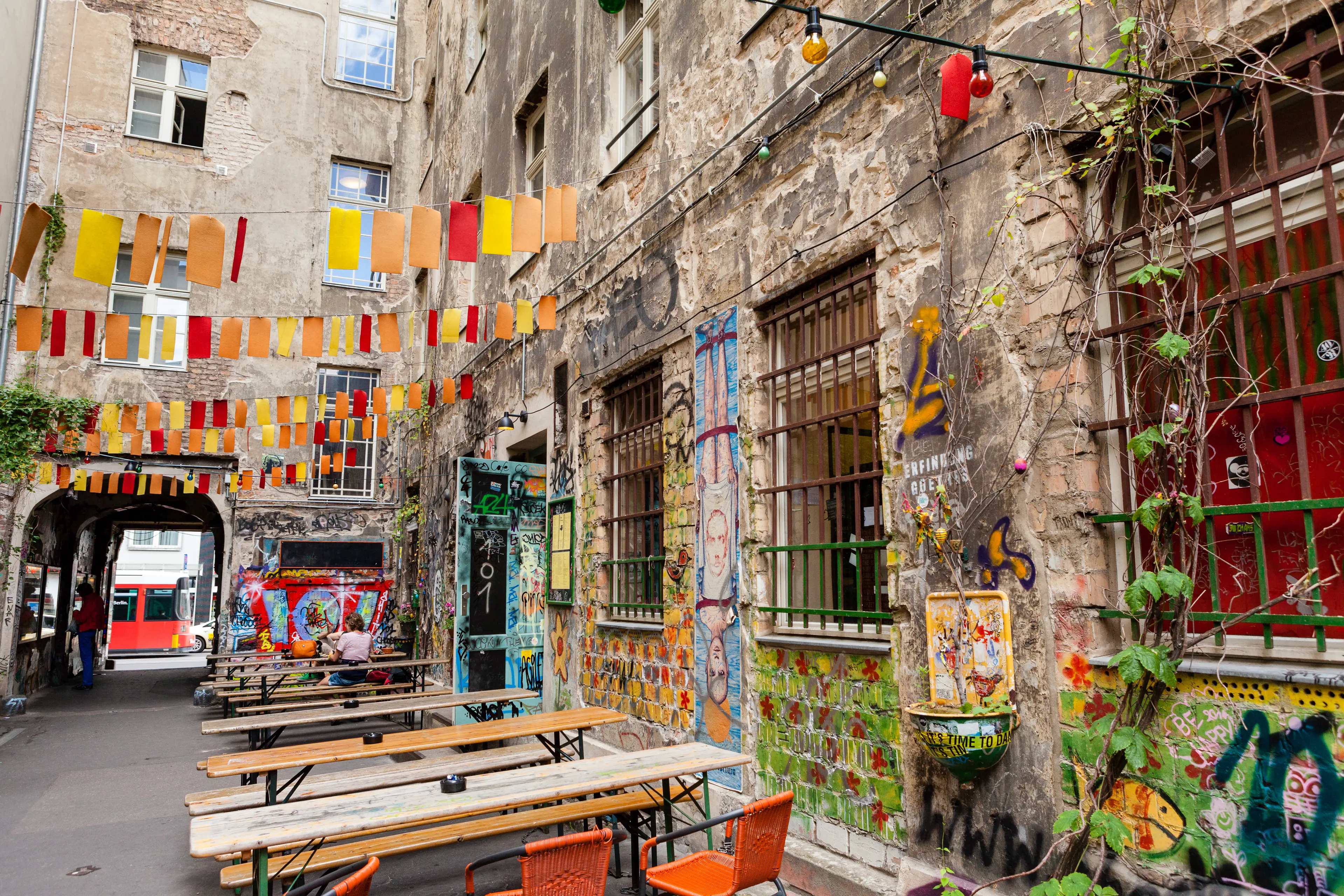
1Kreuzberg
Known for its vibrant nightlife, arts scene, and immigrant population.

2East Side Gallery
An open-air gallery in Berlin consisting of a series of murals painted directly on a 1316 m long remnant of the Berlin Wall.
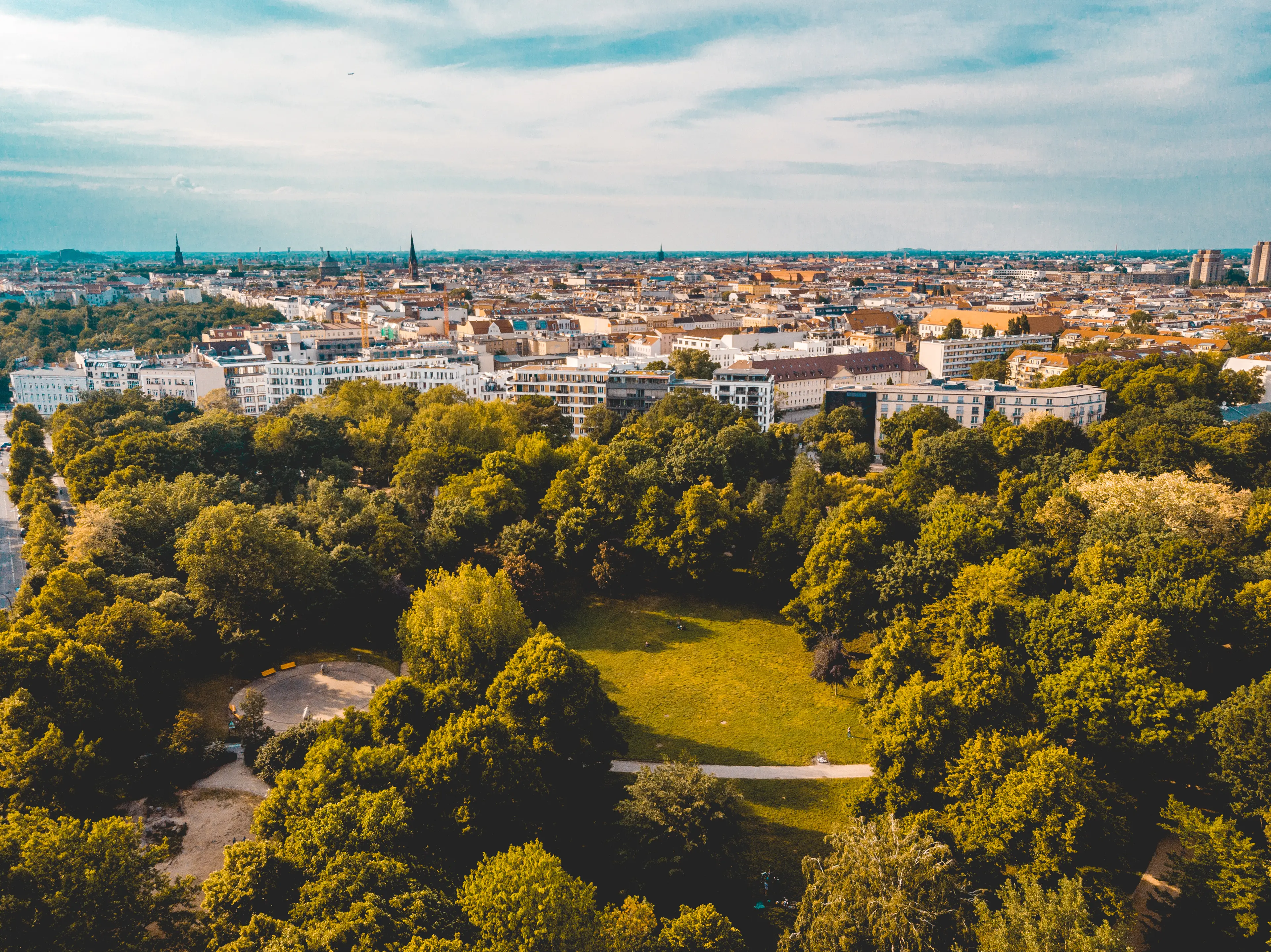
3Friedrichshain
Known for its nightlife, street art, and the longest surviving section of the Berlin Wall.

4Brandenburg Gate
One of the most famous landmarks in Germany, it symbolizes Berlin's Cold War division into East and West.

5Reichstag Building
Historic edifice in Berlin, Germany, constructed to house the Imperial Diet of the German Empire.

6Museum Island
A unique ensemble of five museums on Spree Island in the district of Mitte in Berlin.
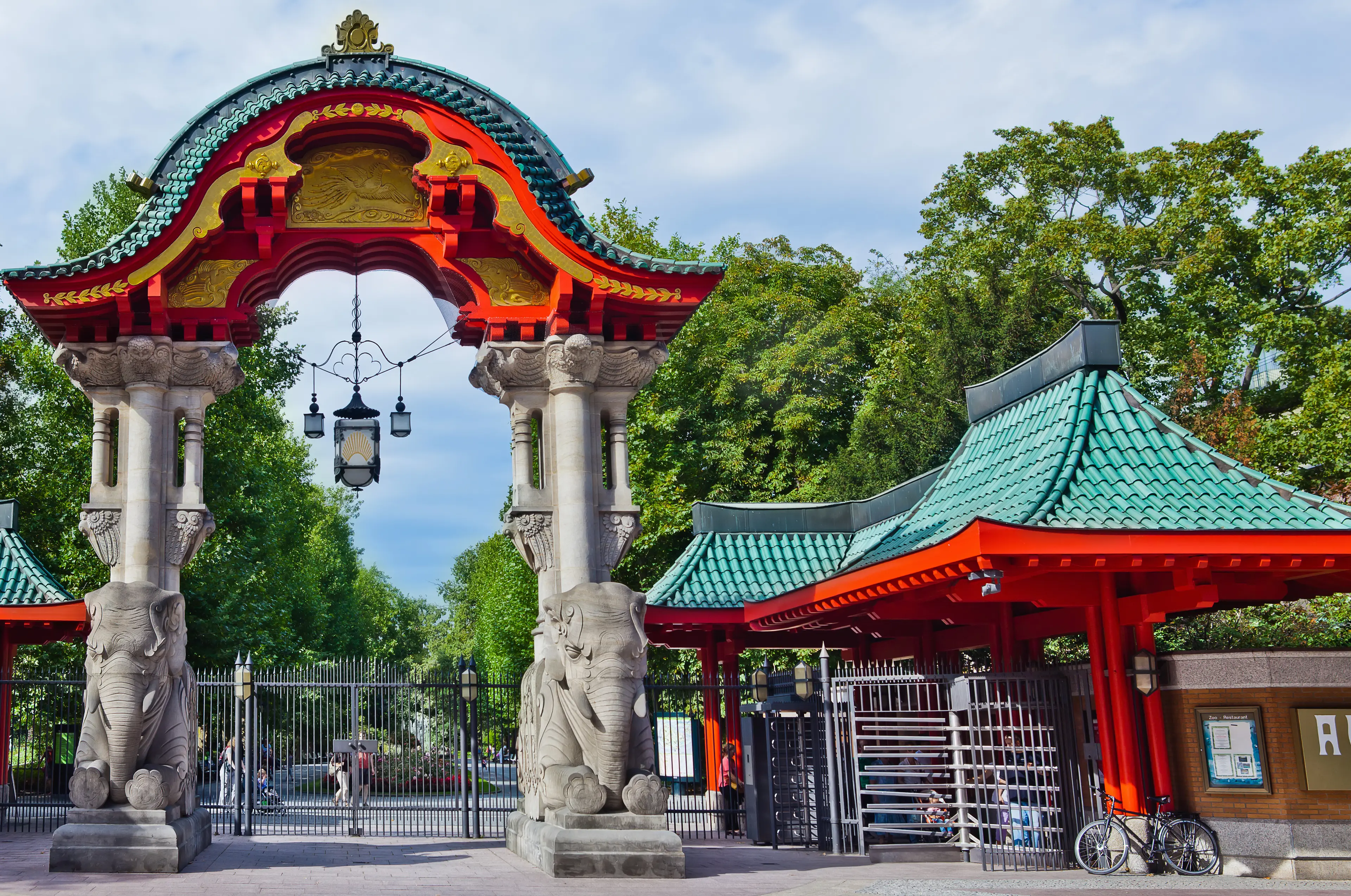
7Berlin Zoo
The oldest and best-known zoo in Germany. Opened in 1844 it covers 35 hectares and is located in Berlin's Tiergarten.
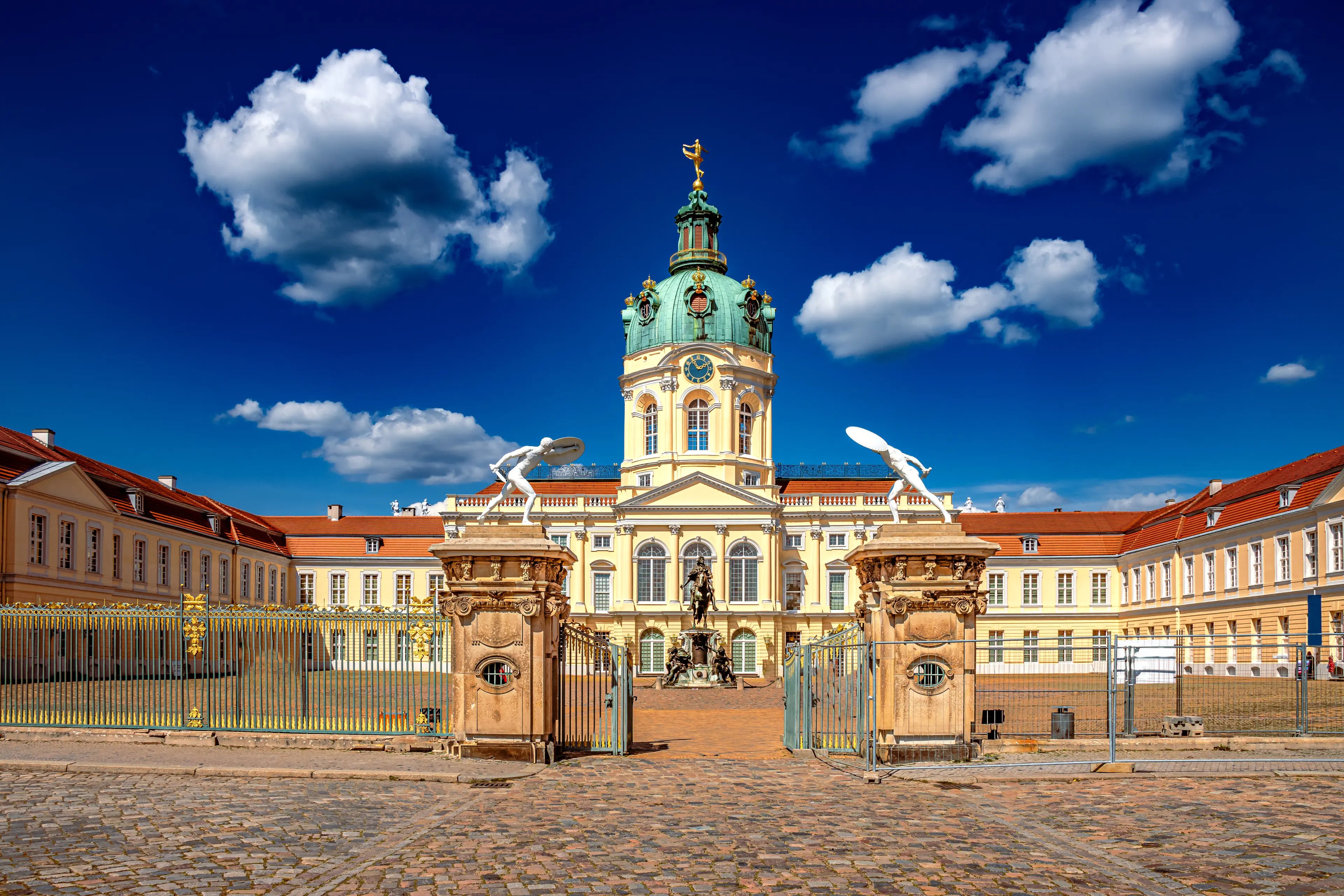
8Charlottenburg Palace
The largest palace in Berlin, and the only surviving royal residence in the city dating back to the time of the Hohenzollern family.
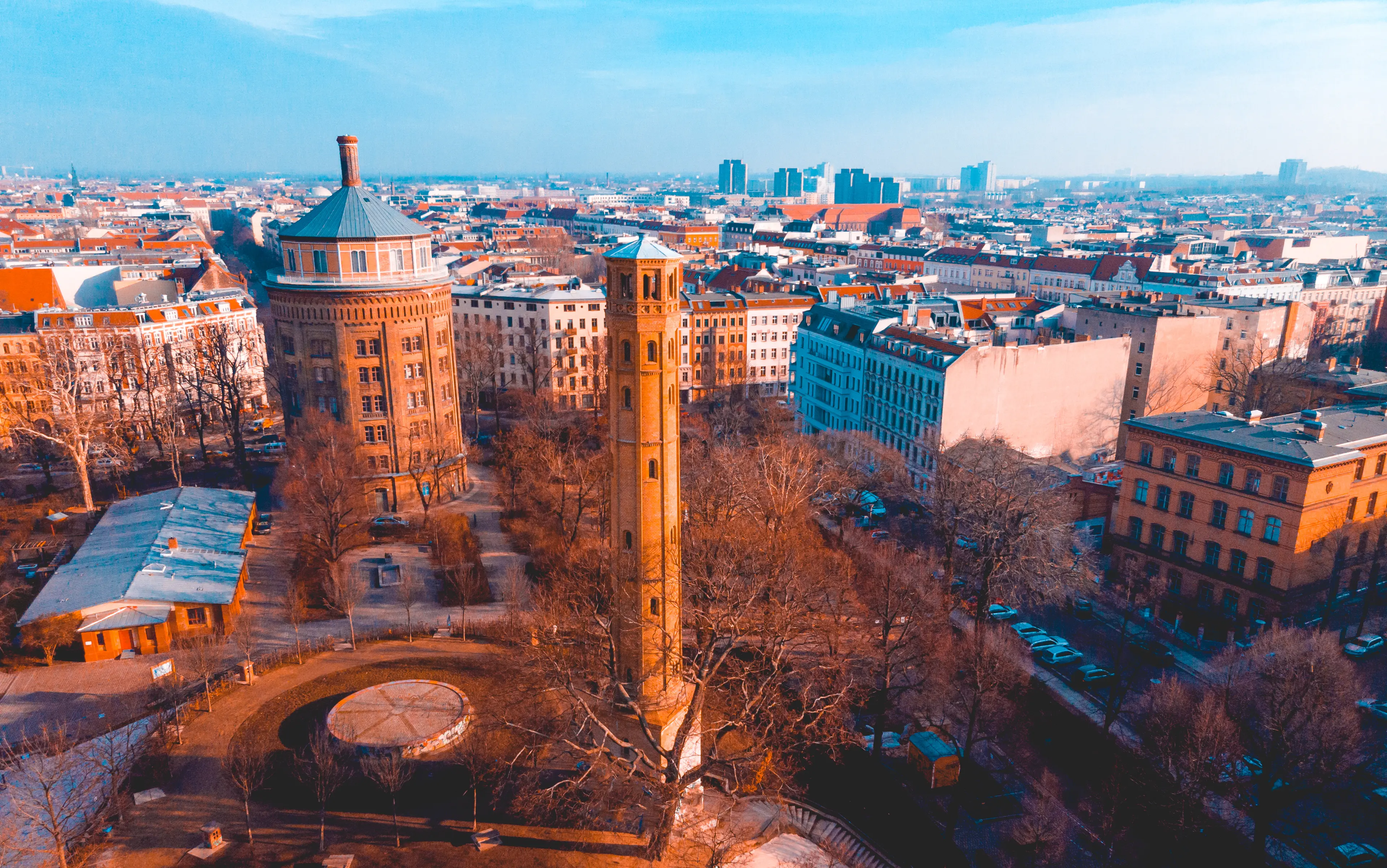
9Prenzlauer Berg
Known for its bohemian vibe and beautifully restored architecture.
Local Food and Drinks (12)
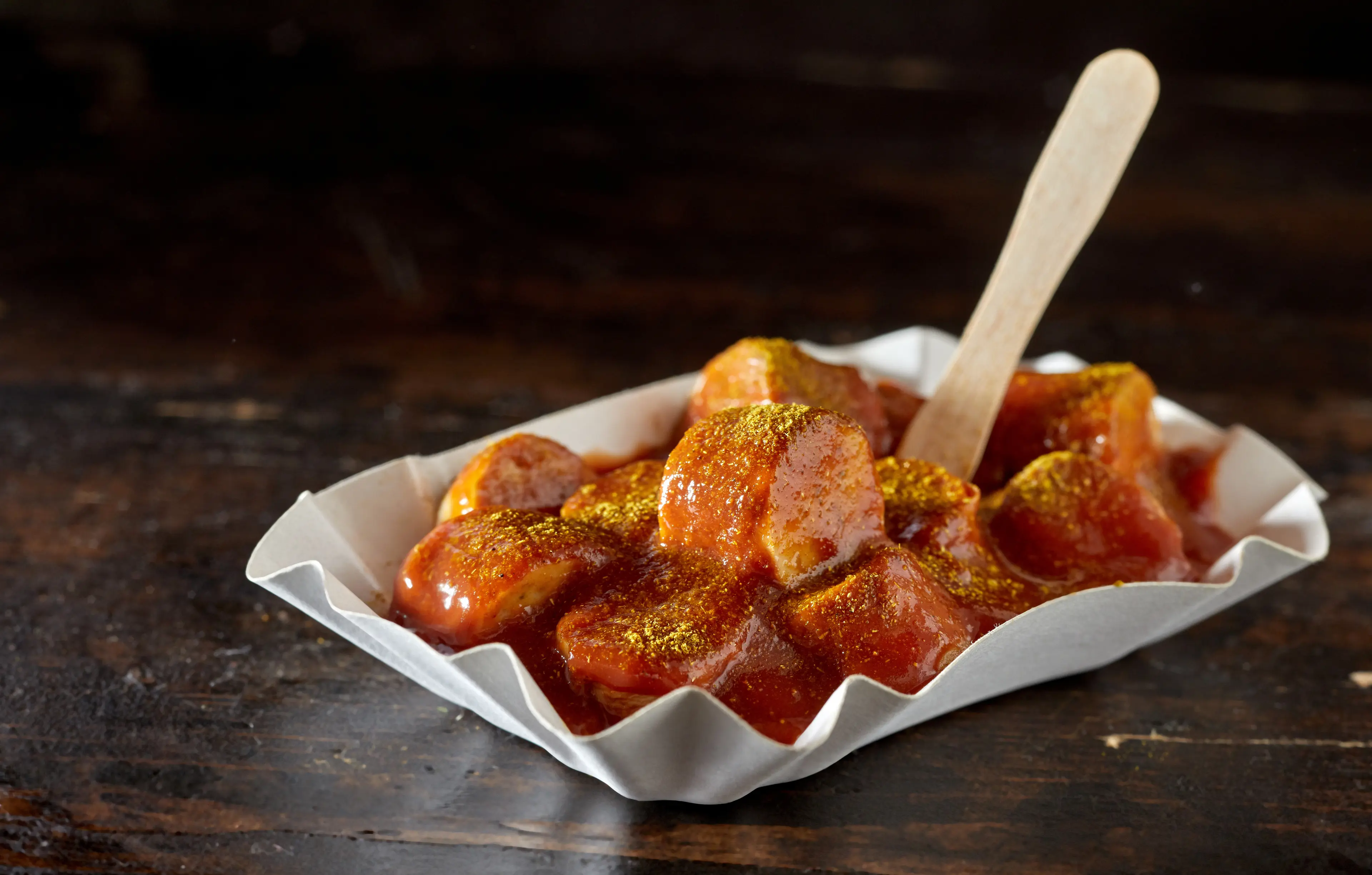
Currywurst
A popular fast food dish in Berlin, Currywurst is a steamed, then fried pork sausage seasoned with curry ketchup, regularly served with fries.
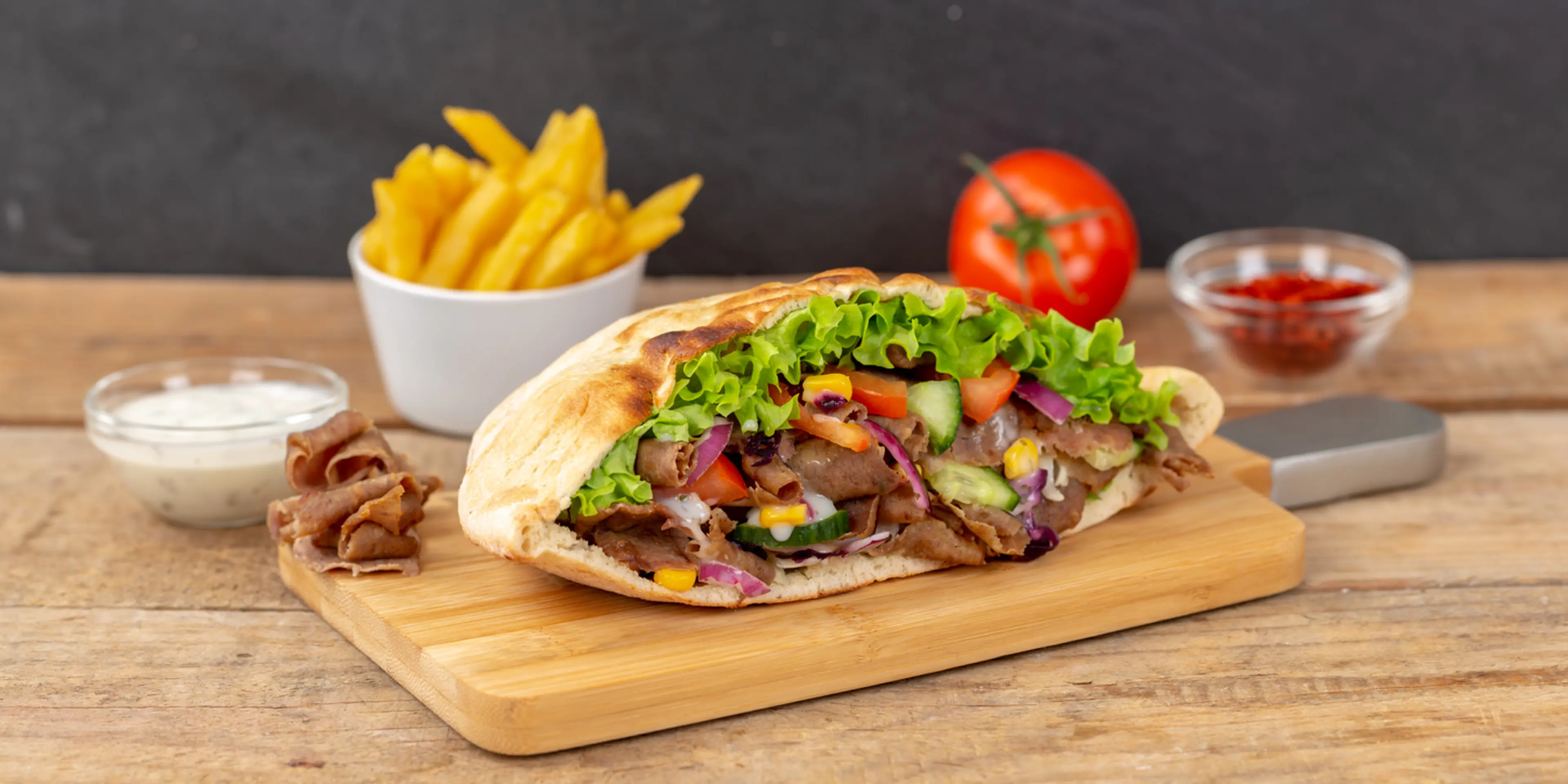
Döner Kebab
Originally a Turkish dish, Döner Kebab has become a staple of Berlin's fast food culture. It consists of sliced meat from a rotisserie, served inside a bread with salad and sauce.
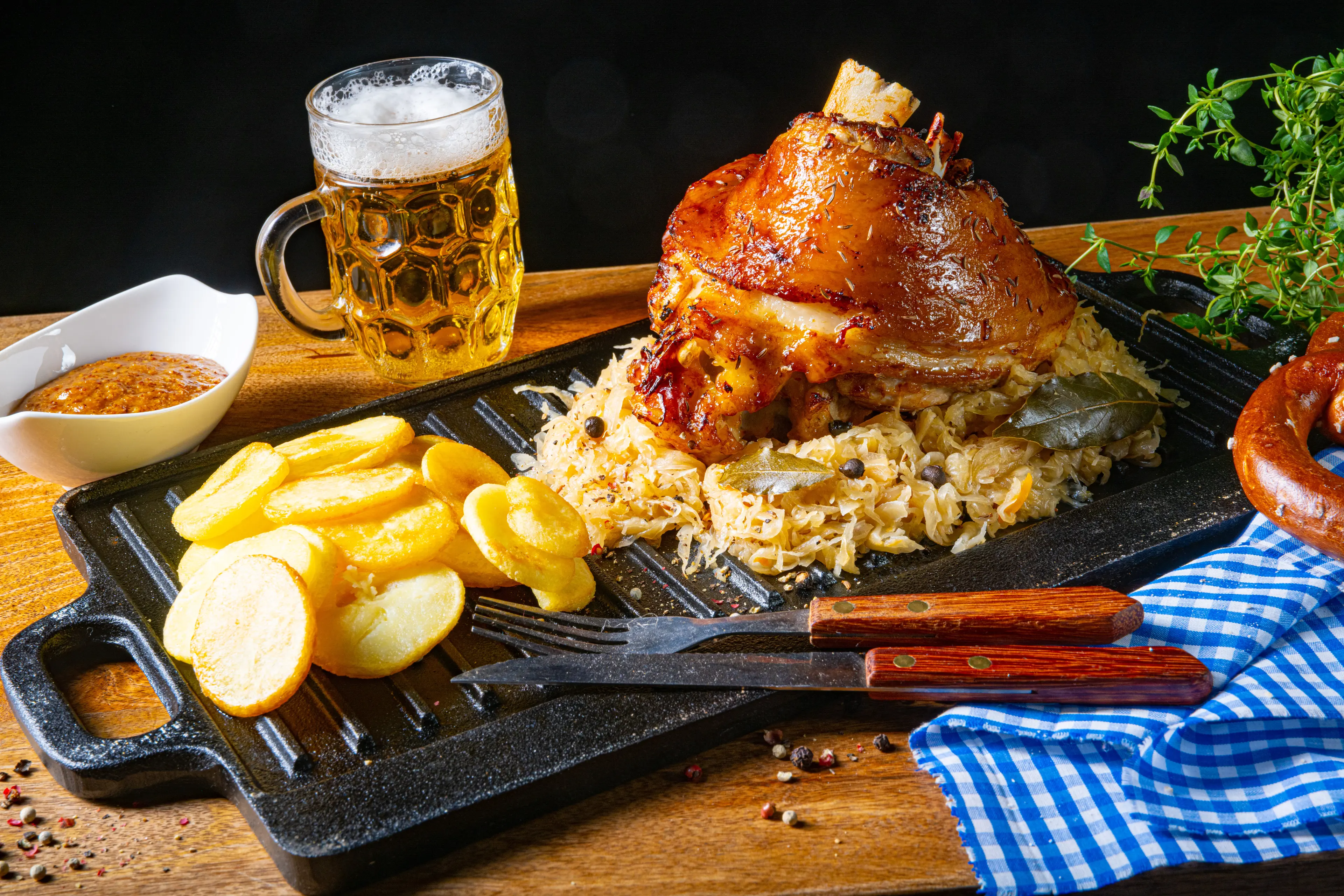
Eisbein
Eisbein is a traditional Berlin dish. It's a large pork knuckle boiled or grilled and served with sauerkraut and mashed peas.
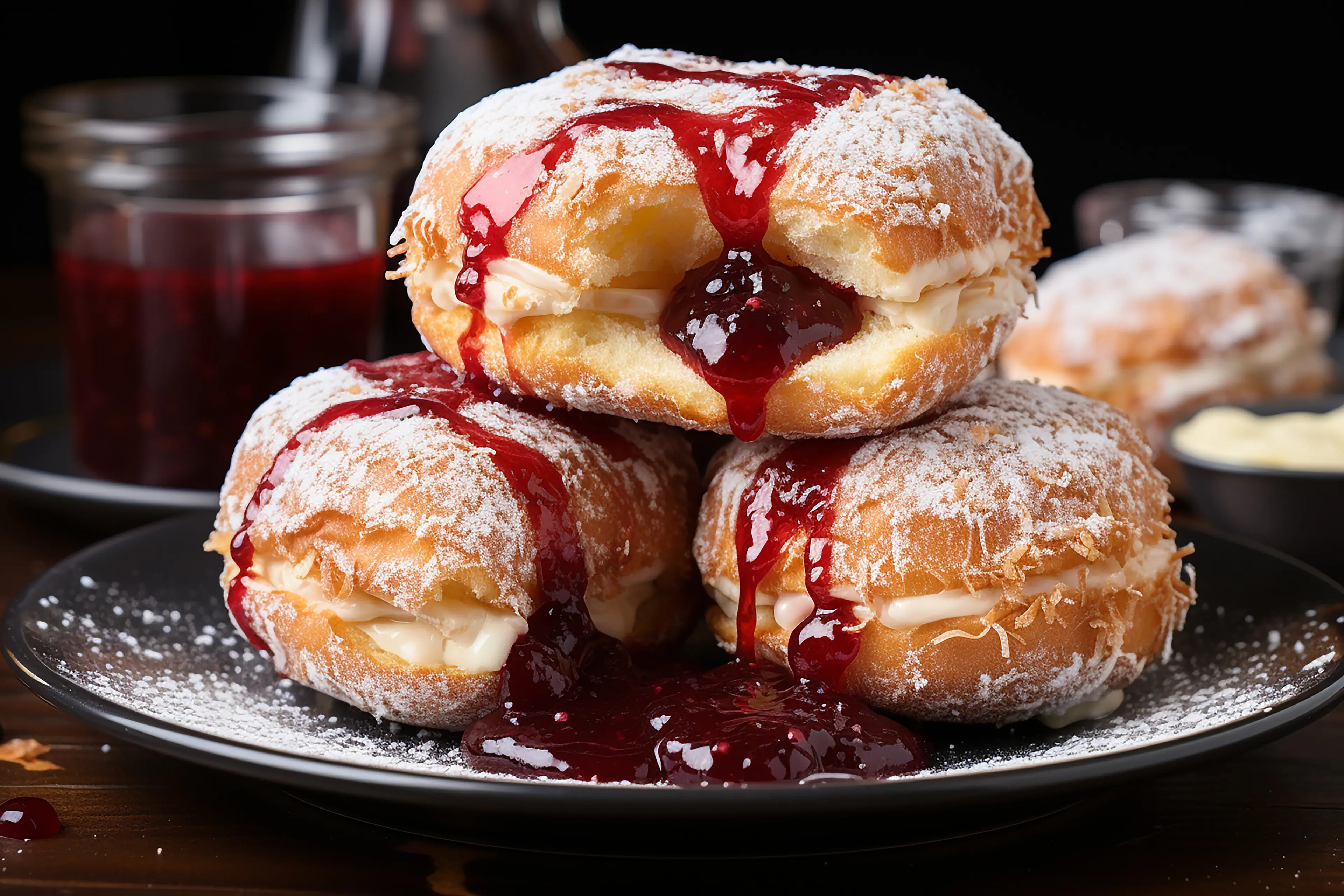
Berliner Pfannkuchen
A traditional Berlin dessert, Berliner Pfannkuchen is a sweet doughnut filled with jam and dusted with powdered sugar.
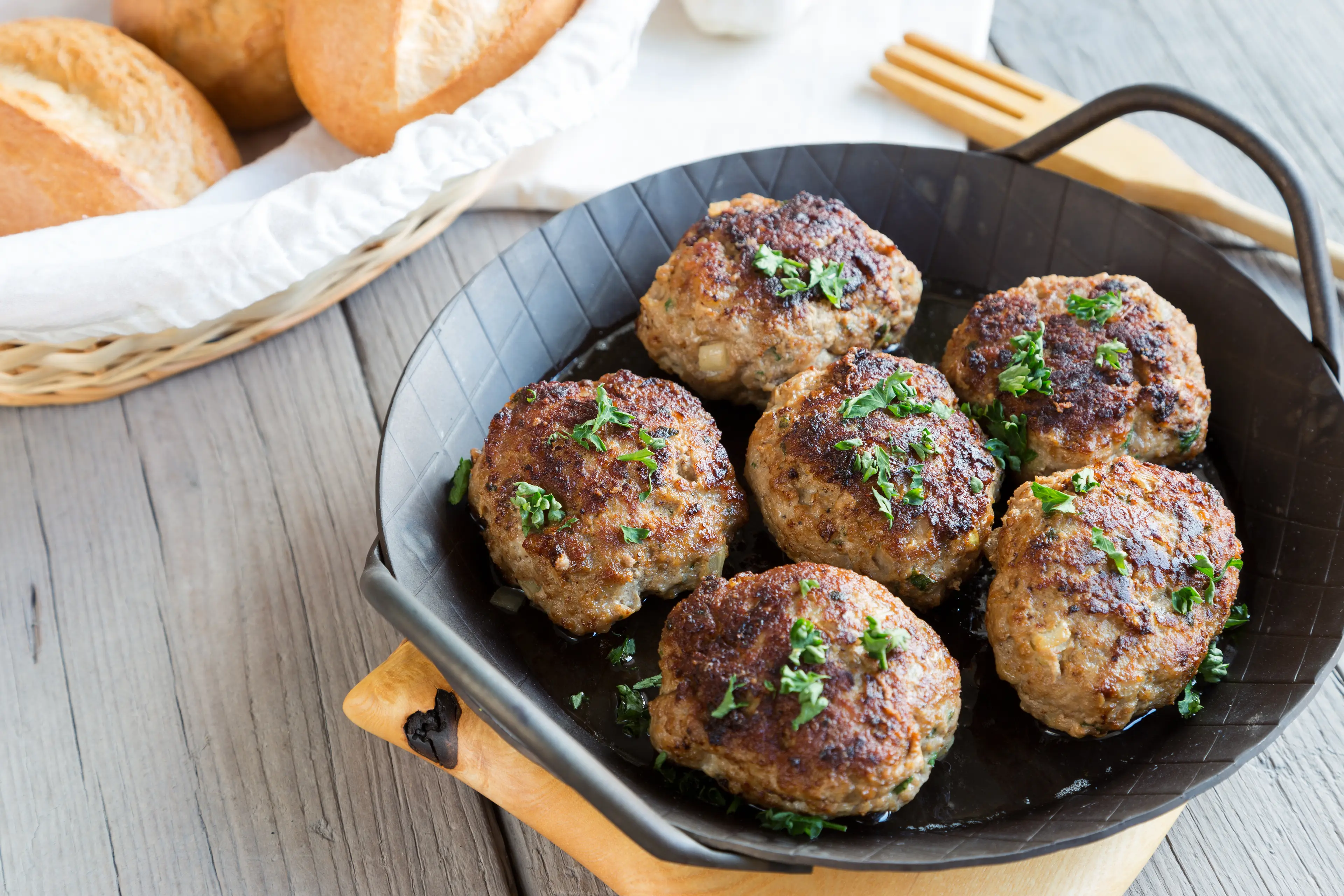
Buletten
Buletten are Berlin's version of meatballs or burgers. They are made from minced meat, bread, eggs, and spices, and are usually served with mustard.
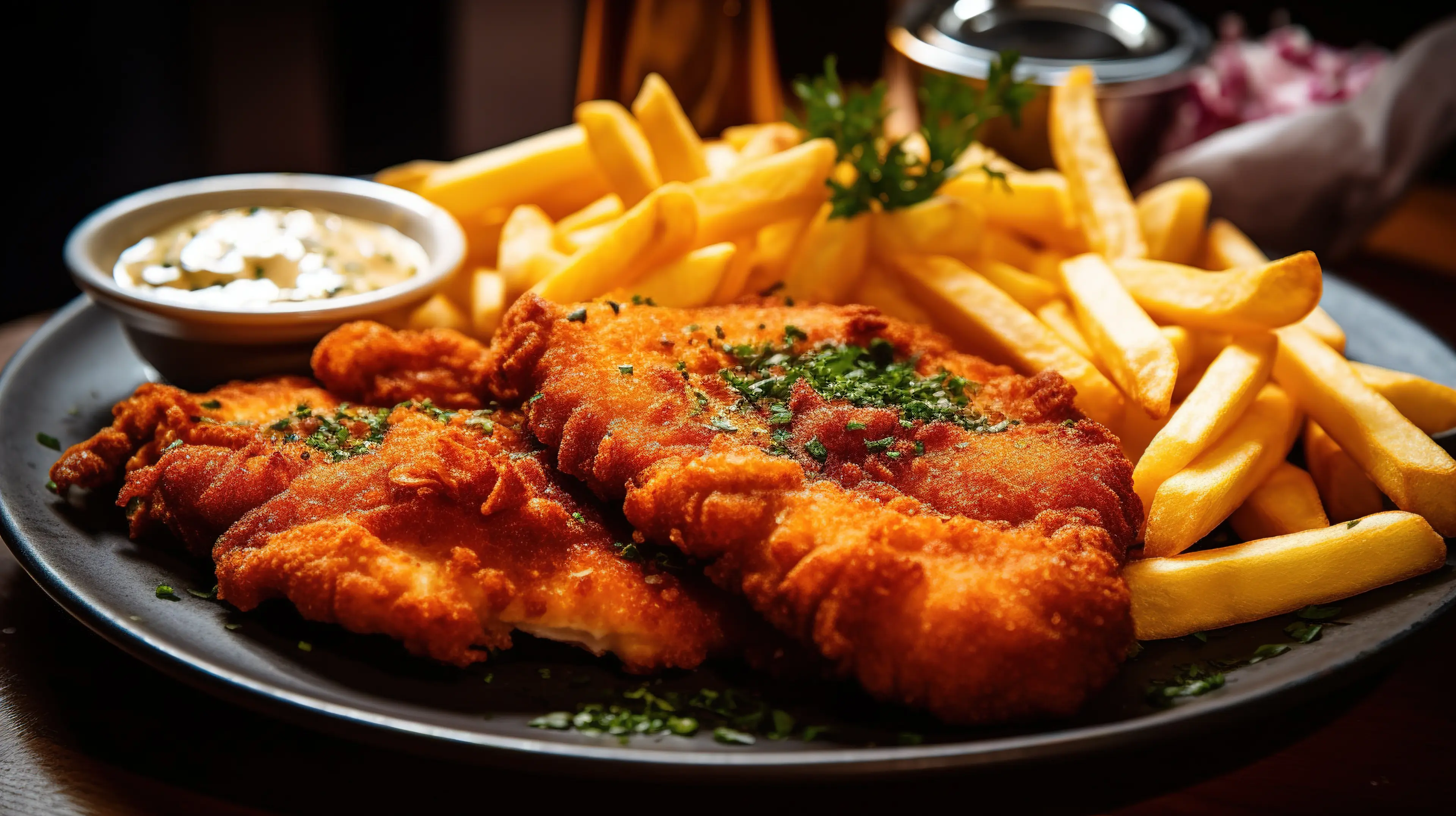
Schnitzel
Although originally from Austria, Schnitzel is very popular in Berlin. It's a breaded and fried meat cutlet, usually served with potatoes and lemon slices.
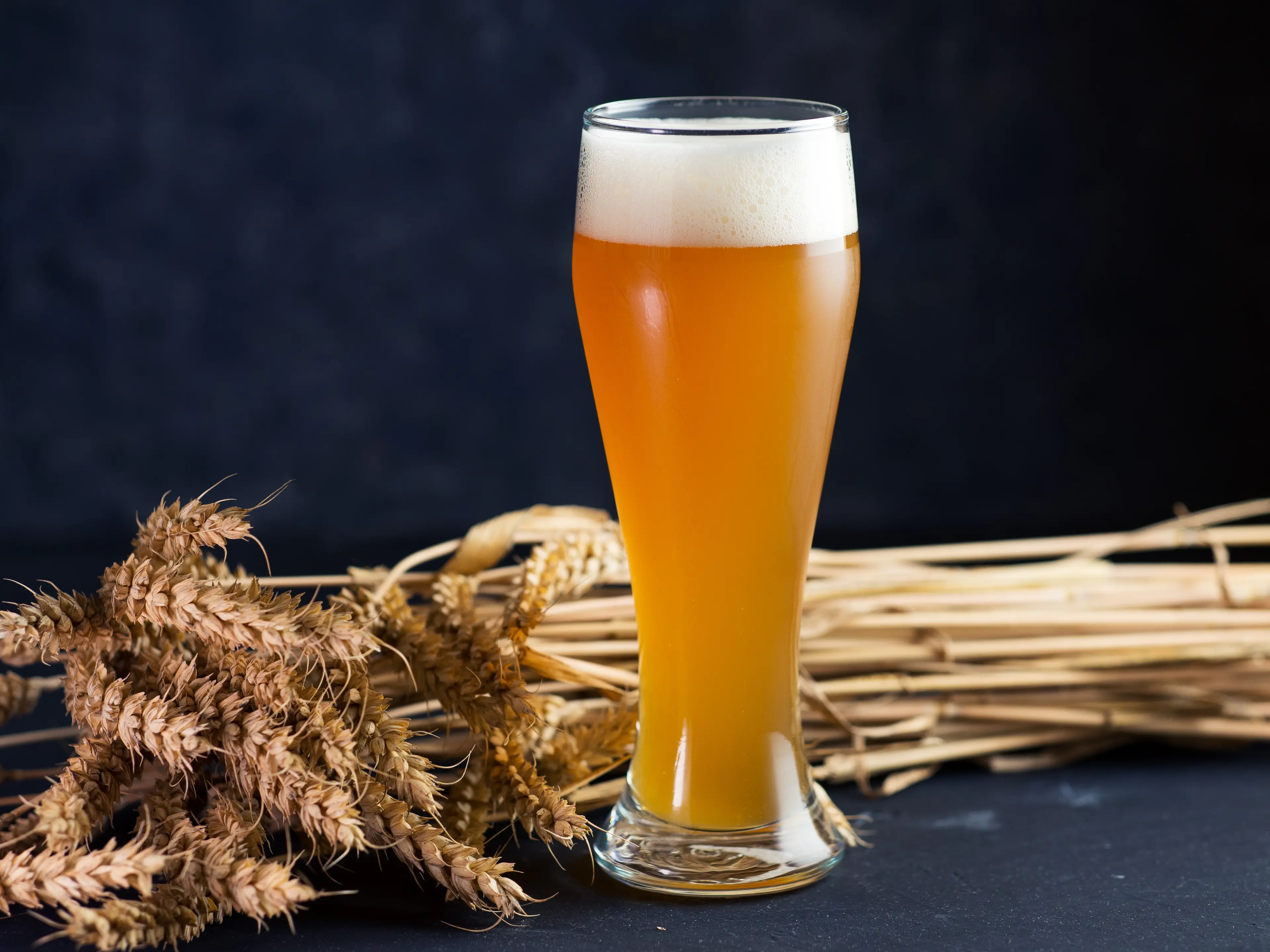
Berliner Weisse
Berliner Weisse is a traditional Berlin beer. It's a sour wheat beer, often served with a shot of sweet syrup to balance the tartness.
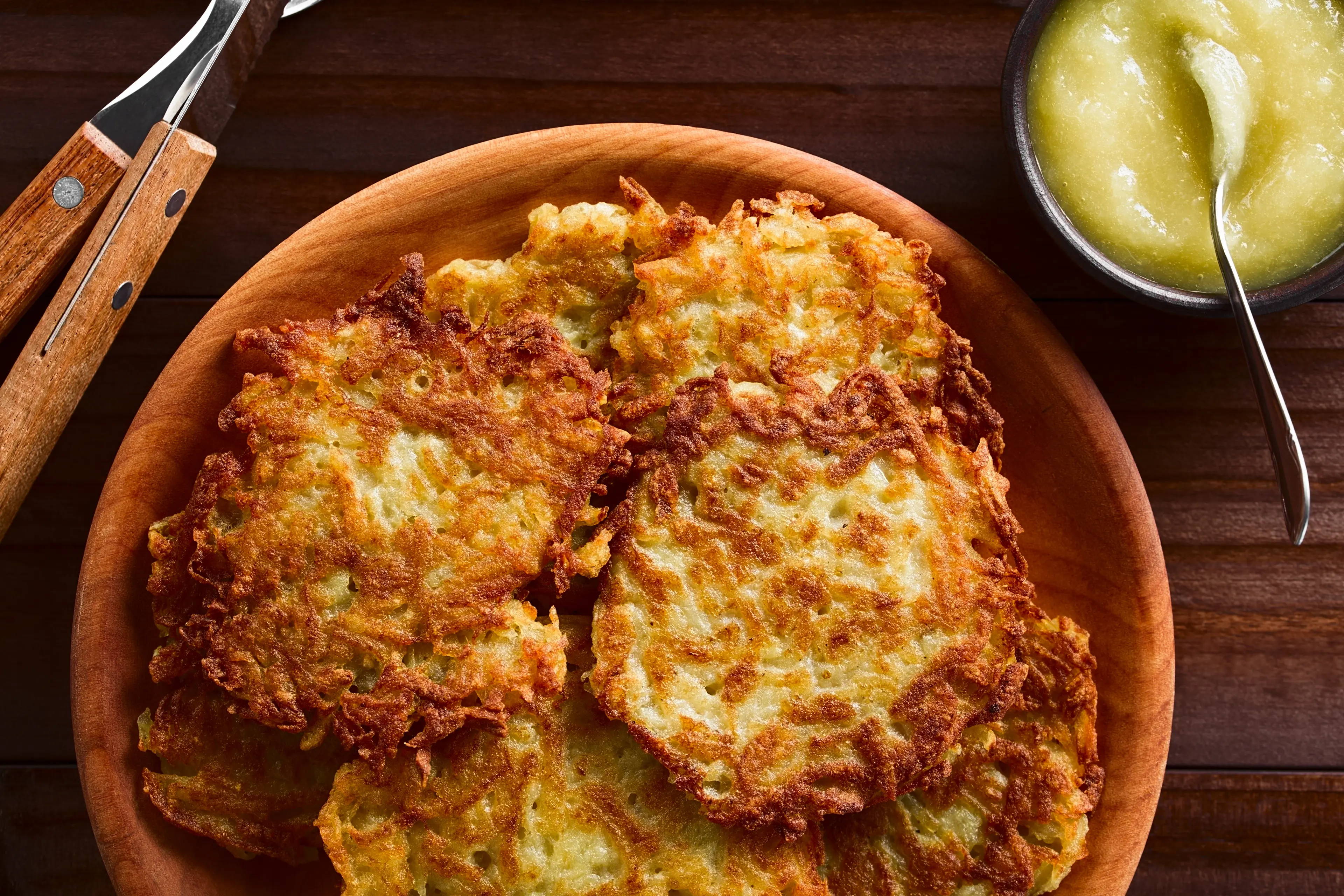
Kartoffelpuffer
Kartoffelpuffer are German potato pancakes. In Berlin, they are often served with apple sauce or smoked salmon and horseradish cream.
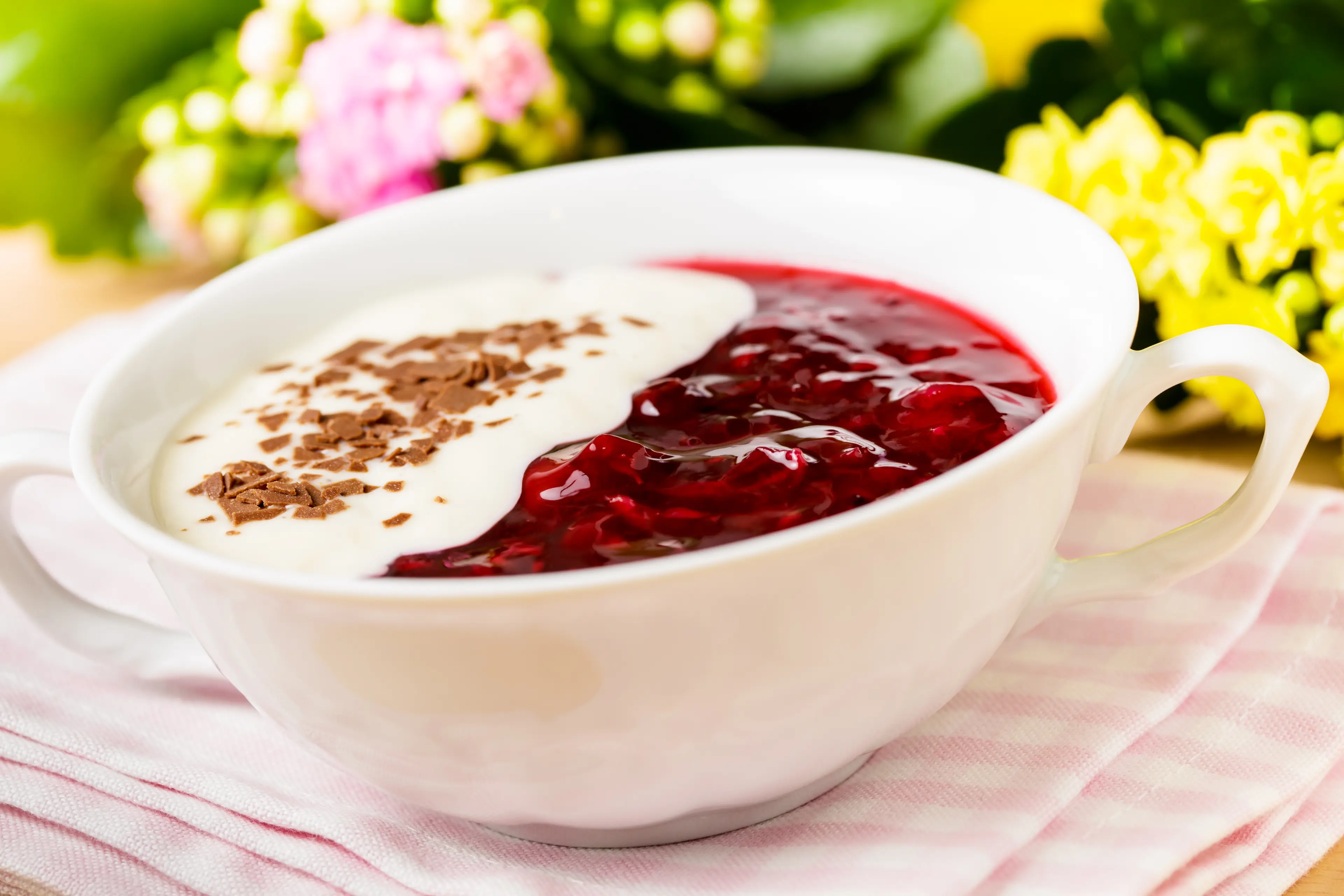
Rote Grütze
Rote Grütze is a popular dessert in Berlin. It's a red fruit pudding made from berries and often served with vanilla sauce or cream.
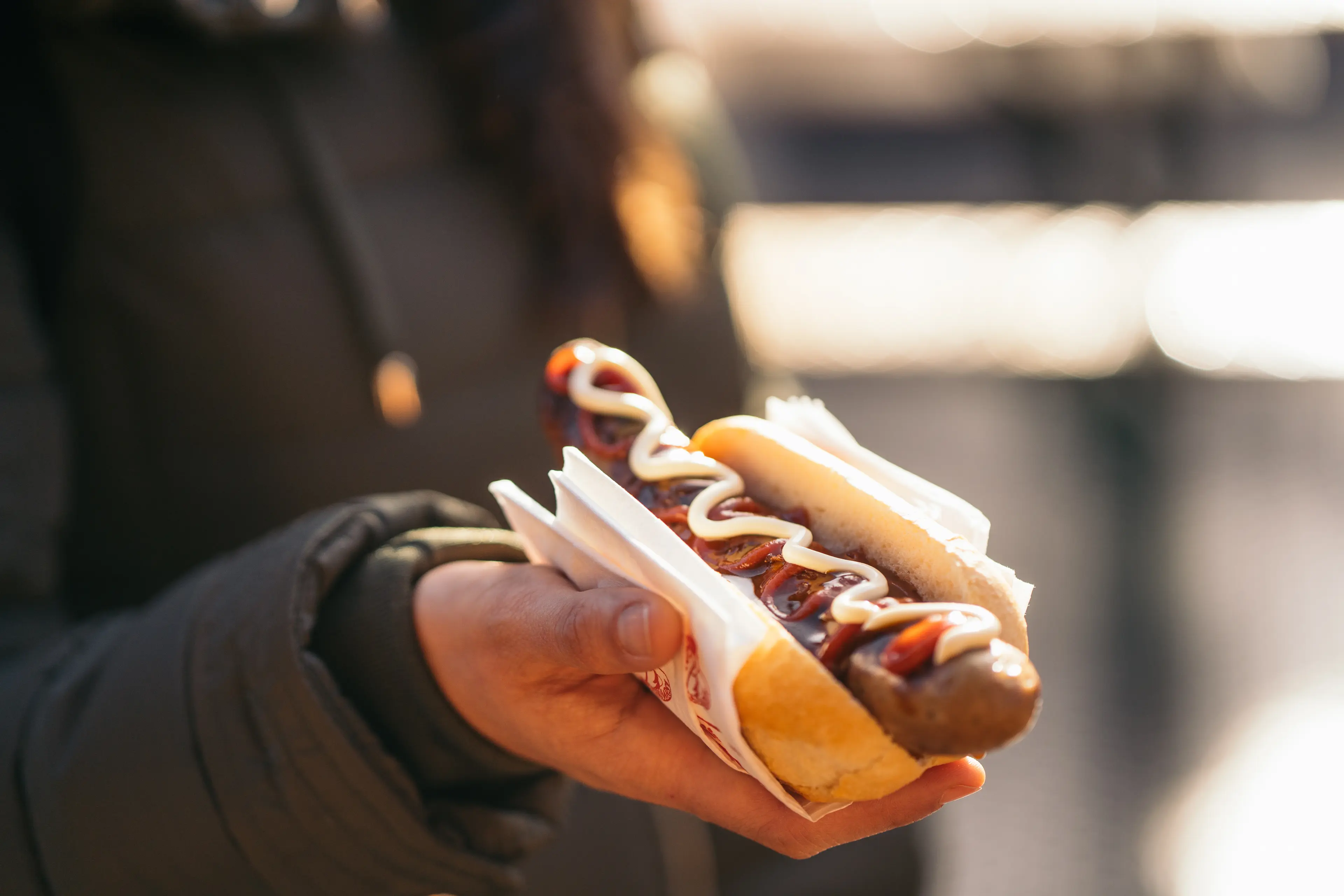
Bratwurst
Bratwurst is a type of German sausage made from pork, beef, or veal. It's a popular street food in Berlin, often served in a bun with mustard.
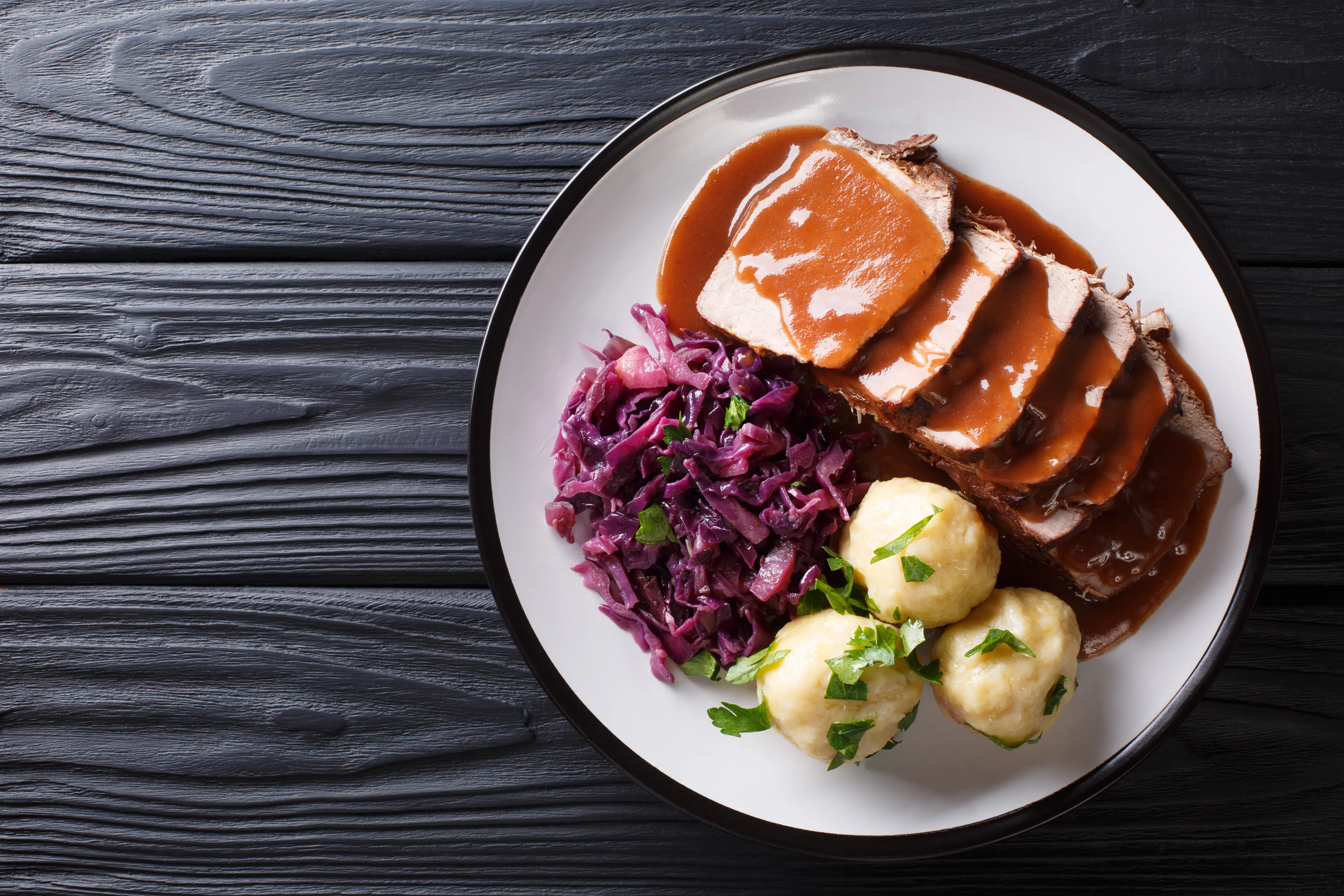
Sauerbraten
Sauerbraten is a pot roast, usually of beef, marinated before being slow-cooked. It's a traditional dish in Berlin, often served with red cabbage and dumplings.

Glühwein
Glühwein is a mulled wine, popular in Berlin during the winter months. It's served hot and spiced with cinnamon, cloves, star anise, and citrus.
Best time to visit
The best time to visit Berlin, Germany as a tourist is typically between May and September. During these months, the weather is most favorable with warm temperatures and long daylight hours, perfect for sightseeing and outdoor activities. Additionally, numerous events and festivals such as the Carnival of Cultures, Berlin Pride, and the Berlin Beer Festival take place during this period, adding to the city's vibrant atmosphere. However, if you're interested in the city's famous Christmas markets, late November to December would be the ideal time to visit.
How to get around
U-Bahn (Underground Train)
Berlin's U-Bahn system is extensive and efficient, with frequent services running on numerous lines across the city. It operates from early morning until late at night, and 24 hours on weekends.
S-Bahn (City Train)
The S-Bahn is a network of suburban train services that reach further out into the wider Berlin region. It operates similar hours to the U-Bahn, with some lines running 24 hours on weekends.
Tram
Berlin has an extensive tram network, particularly in the eastern part of the city. Trams run frequently and cover many areas not served by the U-Bahn or S-Bahn.
Bus
Buses complement the rail and tram services, covering all parts of the city. There are also express bus services and night buses that operate when the U-Bahn and S-Bahn are not running.
Bicycle
Berlin is a very bike-friendly city with extensive cycle paths and bike hire services available throughout the city. It's a great way to see the city at your own pace.
Car
While driving in Berlin is possible, it's often not the most convenient option due to traffic and parking restrictions. However, car hire services are available for those who prefer this mode of transport.
Ridesharing
Ridesharing services like Uber are available in Berlin. They can be a convenient option for getting around, especially if you're travelling in a group or have a lot of luggage.
Taxi
Taxis are readily available throughout Berlin. They can be hailed on the street, picked up from taxi ranks, or booked in advance.
Foot
Many of Berlin's most famous sights are within walking distance of each other, especially in the city centre. Walking can be a pleasant and leisurely way to explore the city.
Ferry
Berlin's public transport system also includes several ferry services that operate on the city's lakes and rivers. These can be a scenic and relaxing way to travel, particularly in good weather.
Important information
Currency€ EUR
Time zoneUTC+1
Driving sideRight
Emergency phoneAmbulance and Fire: 112; Police: 110
Drinking waterYes
Power sockets
Voltage230 V
Things to know about Berlin, Germany as a first time visitor
1
Berlin is a very large city, so plan your itinerary carefully to make the most of your time.
2
Public transportation in Berlin is excellent, with a comprehensive network of buses, trams, U-Bahn (underground trains), and S-Bahn (suburban trains).
3
Berlin is a very bike-friendly city, and renting a bike can be a great way to get around.
4
Berlin is a very safe city, but like any large city, it's important to be aware of your surroundings and keep an eye on your belongings.
5
Berlin is a very multicultural city, with a large immigrant population. English is widely spoken, especially in the city center and tourist areas.
6
The official currency of Germany is the Euro. Credit cards are widely accepted, but it's a good idea to carry some cash as well.
7
Tipping is customary in Berlin. It's typical to round up to the nearest Euro in cafes and bars, and to tip 10-15% in restaurants.
8
Berlin has a temperate seasonal climate. Summers (June to August) can be warm, with temperatures ranging from 68°F to 86°F (20°C to 30°C). Winters (December to February) can be cold, with temperatures ranging from 30°F to 45°F (-1°C to 7°C).
9
Berlin is known for its vibrant nightlife, with a wide range of bars, clubs, and live music venues.
10
Berlin has a wide range of accommodation options, from luxury hotels to budget hostels. It's a good idea to book in advance, especially during the peak tourist season.
11
Berlin is a very green city, with many parks and green spaces. It's a great city for walking and outdoor activities.
12
Berlin has a rich history, and it's worth taking the time to learn about the city's past before you visit.
13
Berlin has a vibrant food scene, with a wide range of cuisines available. Don't miss the chance to try traditional German dishes like currywurst and pretzels.
14
Berlin is in the Central European Time Zone (CET), which is 1 hour ahead of Greenwich Mean Time (GMT+1).
15
Berlin has a wide range of shopping options, from high-end designer boutiques to flea markets and vintage shops.
16
Berlin is a very modern city, but it also has a lot of historic architecture. Be sure to respect the city's historic sites and monuments.
17
Smoking is not allowed in public places in Berlin, including bars and restaurants.
18
Berlin has a wide range of cultural events and festivals throughout the year, so check the local listings to see what's on during your visit.
19
Berlin is a very LGBT-friendly city, with a vibrant gay and lesbian scene.
20
Berlin has a wide range of museums and galleries, so it's a great city for art and culture lovers.
Basic German to know as a first time visitor
English phrase | Native phrase | Pronunciation | When to use it |
|---|---|---|---|
Hello | Hallo | ha-lo | Greeting someone |
Goodbye | Auf Wiedersehen | owf vee-der-zayn | Saying goodbye |
Please | Bitte | bit-te | Making a request |
Thank you | Danke | dahn-ke | Expressing gratitude |
Yes | Ja | ya | Affirming |
No | Nein | nine | Negating |
Excuse me | Entschuldigung | ent-shool-dee-goong | Getting attention/apologizing |
I don't understand | Ich verstehe nicht | ish ver-shtay-uh nisht | When you don't understand |
Do you speak English? | Sprechen Sie Englisch? | shprek-en zee eng-lish | Asking if someone speaks English |
I'm sorry | Es tut mir leid | es toot meer lite | Apologizing |
Where is the bathroom? | Wo ist die Toilette? | vo ist dee toilet-te | Asking for the bathroom |
How much does it cost? | Wie viel kostet das? | vee feel kos-tet das | Asking for the price |
I would like... | Ich möchte... | ish moe-shte | Making a request |
Help! | Hilfe! | hil-fe | In an emergency |
Can I have the bill, please? | Kann ich bitte die Rechnung haben? | kan ish bit-te dee reck-noong ha-ben | Asking for the bill |
Where is...? | Wo ist...? | vo ist | Asking for directions |
What is your name? | Wie heißen Sie? | vee high-sen zee | Asking someone's name |
My name is... | Ich heiße... | ish high-se | Introducing yourself |
Good morning | Guten Morgen | gooten morgen | Morning greeting |
Good night | Gute Nacht | goota nacht | Saying goodnight |
Packing List
Clothing
Underwear (4 pairs)
Socks (4 pairs)
T-shirts (4)
Long-sleeve shirts (2)
Jeans or trousers (2 pairs)
Comfortable walking shoes
Sleepwear
Light jacket or sweater
Raincoat or umbrella
Scarf, gloves and hat (if winter)
Toiletries
Toothbrush and toothpaste
Deodorant
Shampoo and conditioner
Body wash or soap
Razor and shaving cream
Makeup and makeup remover
Sunscreen
Hand sanitizer
Travel-size first aid kit
Prescription medications
Travel documents and essentials
Passport and visa (if required)
Driver's license or other ID
Health insurance card
Travel insurance documents
Hotel and transportation reservation confirmations
Credit and debit cards
Cash in local currency
Guidebook or map
Phrasebook or language app
Electronics and gadgets
Smartphone and charger
Headphones
Camera and charger
Power adapter or converter
Portable power bank
Laptop or tablet and charger (if needed)
Miscellaneous items
Snacks for travel
Reusable water bottle
Travel pillow and blanket
Books or e-reader for entertainment
Travel-size laundry detergent
Plastic bags for dirty clothes
Notepad and pen
Travel-size sewing kit
Weather Conditions
Berlin, Germany, experiences a temperate seasonal climate where extreme temperature lows and highs are rare. The city's weather can be unpredictable, so it's always a good idea to check the forecast before your trip. Spring (March to May) in Berlin is quite pleasant, with temperatures ranging from 40°F to 70°F (4°C to 21°C). It's a great time to visit parks and enjoy outdoor activities. However, it's also a season of changeable weather, so pack layers and don't forget your umbrella. Summer (June to August) is the warmest season, with temperatures typically between 60°F and 75°F (15°C to 24°C), but can occasionally reach up to 86°F (30°C). This is the perfect time for sightseeing and enjoying Berlin's outdoor cafes and beer gardens. Remember to pack light clothing, but also include a light jacket for cooler evenings. Autumn (September to November) sees temperatures drop to between 45°F and 65°F (7°C to 18°C). The city's parks and gardens are beautiful with fall colors, but rain is more frequent, so pack a raincoat or umbrella. Winter (December to February) in Berlin can be quite cold, with temperatures often dropping below freezing, ranging from 30°F to 45°F (-1°C to 7°C). Snow is common, making it a picturesque time to visit. However, you'll need to pack warm clothing, including a heavy coat, scarves, gloves, and hats. Regardless of when you visit, Berlin's weather can change quickly, so it's always a good idea to carry an umbrella or rain jacket. Also, remember that the city is best explored on foot, so comfortable, weather-appropriate footwear is a must. Enjoy your trip to Berlin!
| Month | Hi / Lo (°C) | Weather Overview |
|---|---|---|
January | 3° / -2° | January is the coldest month in Berlin, with temperatures often dropping below freezing. It's also a relatively dry month, so pack warm clothing and be prepared for potential snow. |
February | 5° / -1° | February is still quite cold in Berlin, with temperatures slightly higher than January. Snow is less likely, but still possible, so warm clothing is essential. |
March | 9° / 1° | March sees the beginning of spring in Berlin, with temperatures starting to rise. However, it can still be quite chilly, especially in the early part of the month. |
April | 14° / 4° | April is a transitional month in Berlin, with temperatures ranging from chilly to moderately warm. Rain is more common, so pack a raincoat or umbrella. |
May | 20° / 8° | May is a pleasant month to visit Berlin, with temperatures often reaching 20 degrees Celsius. The city is in full bloom and outdoor activities are enjoyable. |
June | 22° / 12° | June marks the beginning of summer in Berlin, with long, sunny days and warm temperatures. It's a great time for outdoor sightseeing and events. |
July | 24° / 14° | July is the warmest month in Berlin, with temperatures often exceeding 20 degrees Celsius. It's a perfect time for swimming, picnicking, and enjoying Berlin's parks and lakes. |
August | 23° / 14° | August is still quite warm in Berlin, but temperatures start to drop slightly towards the end of the month. It's a great time to visit Berlin's many outdoor beer gardens. |
September | 20° / 10° | September marks the beginning of autumn in Berlin, with temperatures starting to drop. However, it's still warm enough for outdoor activities and sightseeing. |
October | 14° / 6° | October is a cooler month in Berlin, with temperatures often dropping to single digits. It's a great time to visit museums and indoor attractions. |
November | 8° / 2° | November is a chilly month in Berlin, with temperatures often dropping below 10 degrees Celsius. It's a good time to explore Berlin's indoor attractions and Christmas markets. |
December | 5° / -1° | December is a cold and often snowy month in Berlin. It's a magical time to visit, with Christmas markets and festive decorations throughout the city. |
Did you know?
Places near by Berlin, Germany

Potsdam
Historic city with Sanssouci Palace and Park

Dresden
City known for its historic architecture like Frauenkirche

Spreewald
Biosphere reserve known for its traditional irrigation system

Leipzig
City known for its music and cultural scene

Sachsenhausen Concentration Camp
Historic WWII concentration camp

Rugen Island
Germany's largest island with beautiful beaches and chalk cliffs

Wittenberg
Birthplace of the Reformation and home to Martin Luther

Peacock Island (Pfaueninsel)
Beautiful island and park in the Havel River

Quedlinburg
Medieval town with over 1300 half-timbered houses

Meissen
City known for its porcelain and Albrechtsburg castle
